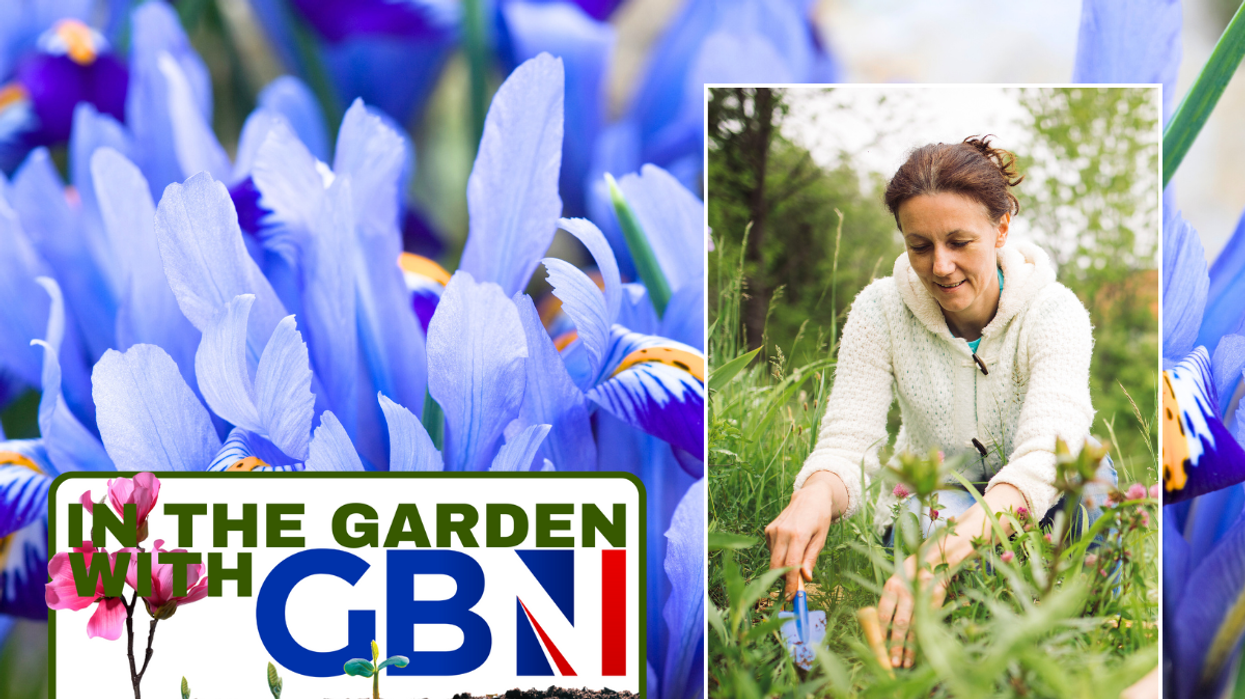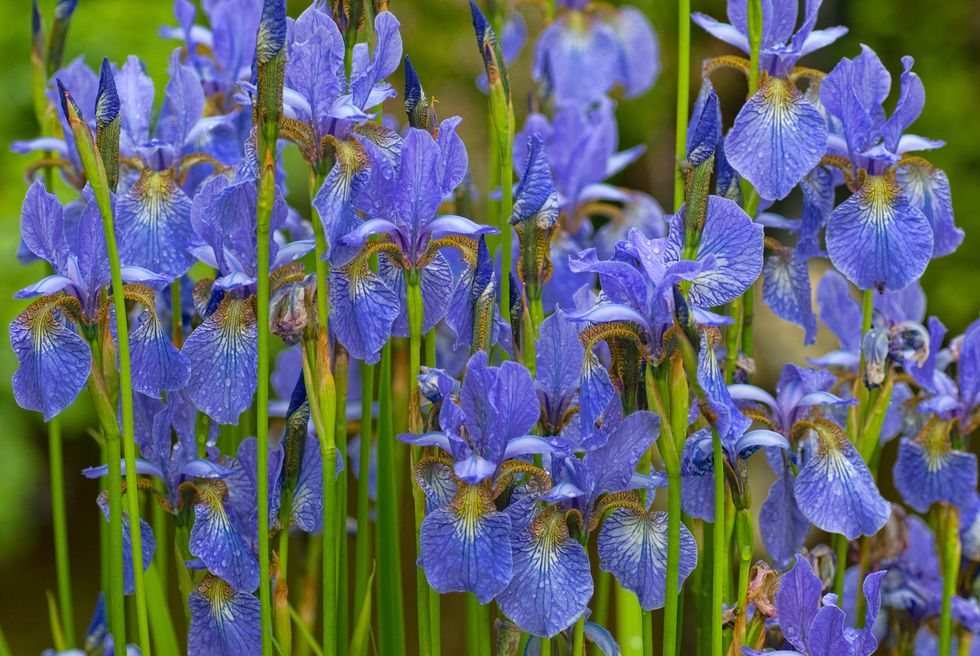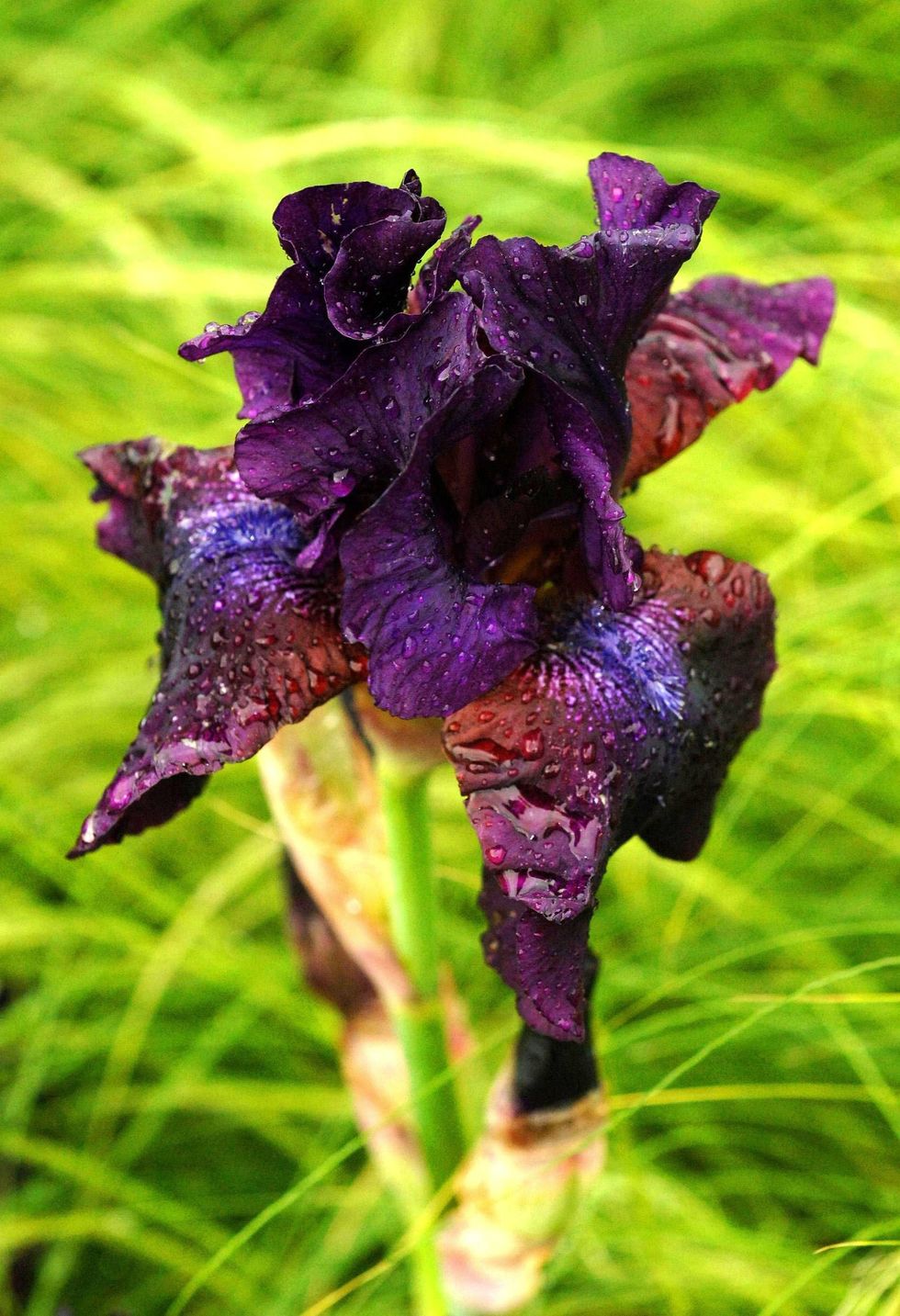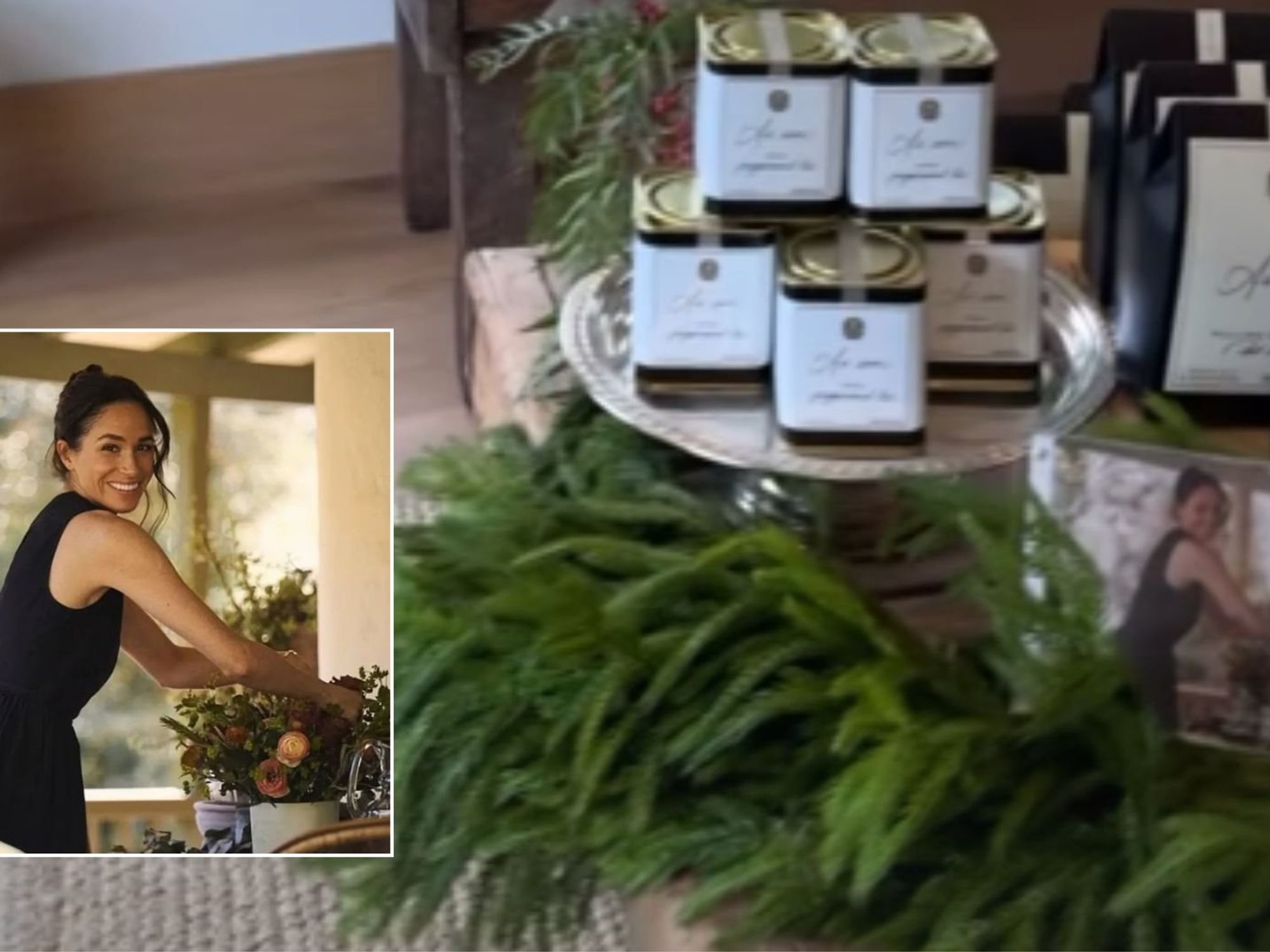In the garden with GB News: Iris - everything you need to know for beautiful, thriving irises

GB News shares everything to know about planting irises
|GETTY

GB News is sharing everything you need to know to help the flowers in your garden flourish. This week, we look at how to grow irises
Don't Miss
Most Read
Latest
Irises are favoured among many gardeners as they are a colourful and appealing addition to any outdoor space.
GB News shares everything you need to know to grow and care for the flowers.
How to grow irises
Irises are one of the first things to bloom in the garden each year and they can be planted in the coming months, ideally in late summer or early autumn.
The flowers thrive when planted in well-drained soil and need plenty of sunshine to grow, explained landscape expert and founder of Sell My House Fast SA TX Daniel Cabrera.

Irises are a great way to brighten up the garden
| GETTYHe told GB News: "Plant the irises in late summer into early autumn. This gives these roots time to get established before the winter.
"The soil has to be well drained with its pH at roughly 6.8. The addition of compost to the soil can provide drainage conditions and fertility."
Garden expert Fiona Jenkins at the UK’s leading trades matching site MyJobQuote.co.uk added it could be worth waiting until September to plant, but this can be done as soon as next month.
She told GB News: "Autumn is the prime time to plant iris rhizomes, so they have plenty of time to grow before flowering the following spring. But you can plant them any time between July and October.
"Irises that you’re growing from bulbs are best planted in early autumn. Potted irises, on the other hand, can be planted at any time between early spring and late autumn."
Some outside help will really encourage the plant to thrive during the spring and summer months.
Fiona added: "In spring, you can give your outdoor irises a boost by adding a layer of manure or mulch to the soil. Just be sure that this doesn’t touch the heads of the rhizomes.
"After flowering, when the stems have wilted, irises can be deadheaded. This can be any time between spring and autumn, depending on the type of iris you have."
When autumn approaches it is time to divide and replant overcrowded clumps and in winter, gardeners can mulch to protect irises outside or move them indoors.
Fiona added: "In autumn irises with rhizomes can be dug up and divided to make new plants. During winter, potted irises can be bought indoors. This temperature change will encourage your irises to flower early so you can enjoy a bright splash of colour before spring."
Possible threats
Gardeners can take every care when planting their irises but if they don't watch out, they could fall victim of pests and disease.
Daniel shared advice on how to protect your flowers against these threats throughout the year. He said: "For pest control, monitor for iris borers and other pests and apply appropriate treatments. Watch for this damage while regularly examining the foliage and rhizomes during ordinary inspections.
"For disease management, prevent fungal diseases through good air circulation and a lack of overhead irrigation. Spray suitable fungicides as needed."
LATEST DEVELOPMENTS

Experts shared the gardening jobs to do at each time of the year
|PA
Iris care timeline
Spring
"Water irises so they are moist but not waterlogged. They require at least six hours of direct sunlight to form blooms."
Summer
"Mulch around plants to conserve moisture and reduce weeds, deadhead spent blooms on shrub-form varieties to encourage more bloom."
Autumn
"Dig, divide and replant overcrowded clumps. This will give it a fresher start to growth. Cut back all the foliage to about six inches from the soil in preparation for winter."
Winter
"Mulch to protect the irises from extreme cold. It should not be too moist since this will make the roots rot."
Find more gardening tips with GB News' guide on caring for houseplants. Or discover everything you need for a bright display of sunflowers in your home and garden.







